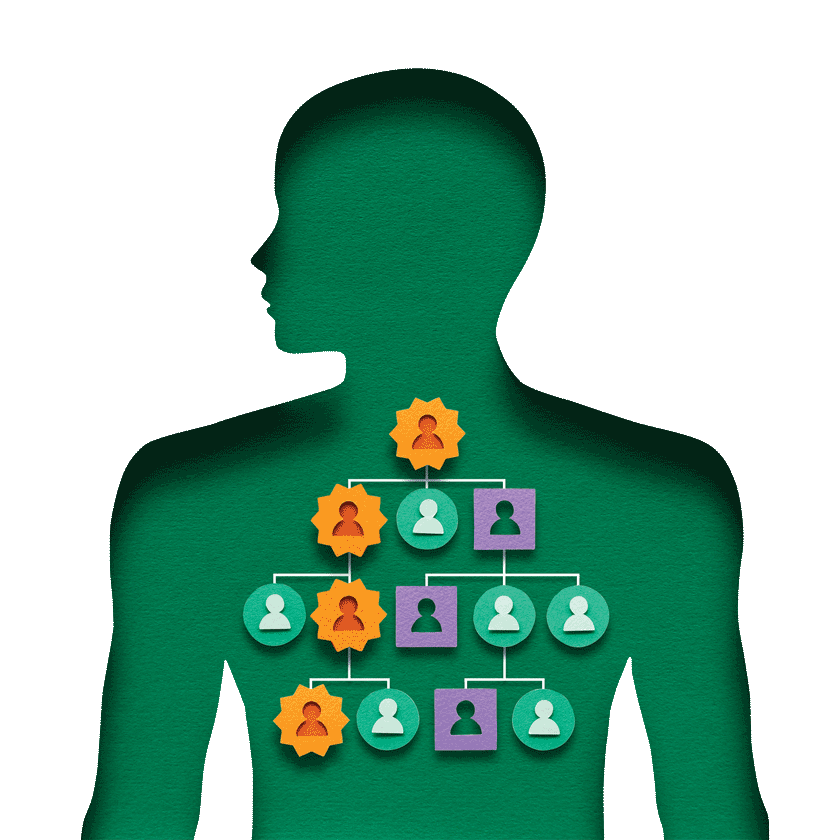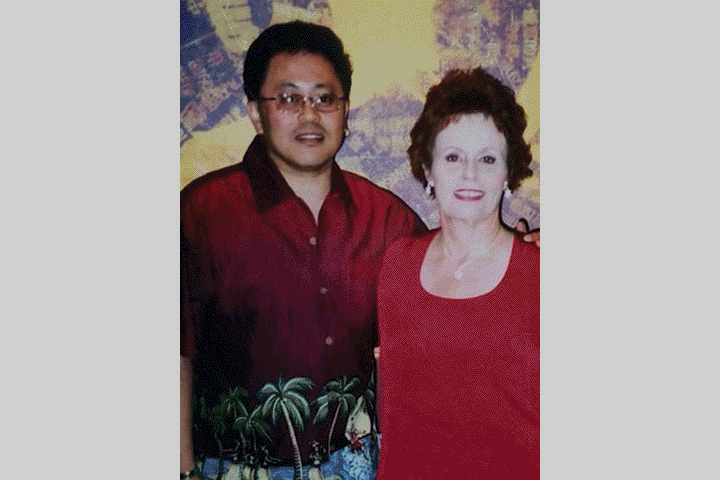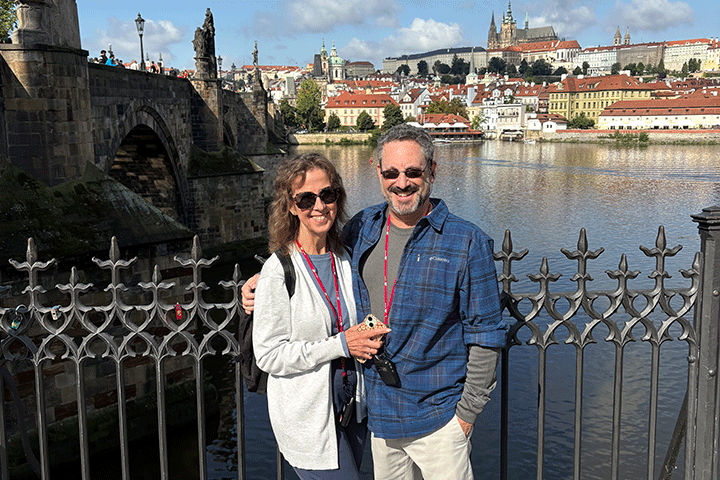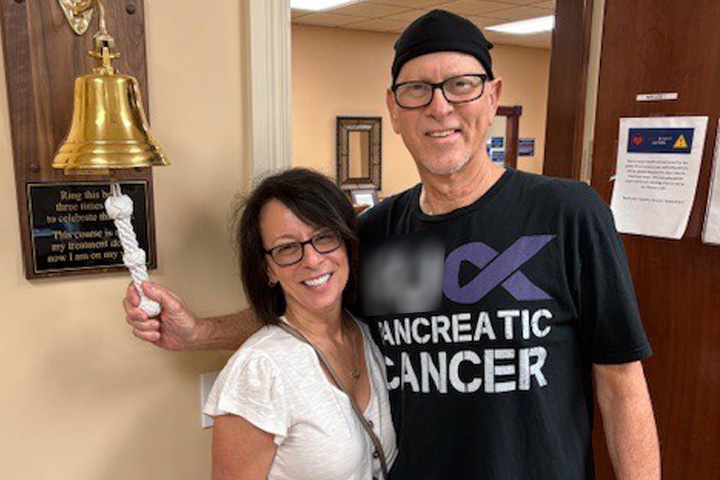Understanding Family History Makes a Difference in Treatment Options

- Family history of breast cancer
- Genetic counseling
- BRCA2 positive
- Platinum-based chemotherapy
I am writing on behalf of my mother, Andrea.
Andrea is 67 years old with a past history of breast cancer, diagnosed 15 years ago and treated successfully with chemotherapy, hormonal therapy, mastectomy and radiation, with no disease recurrence. In November 2015, she began experiencing abdominal and back pain, nausea after eating, and bloating. I took her to Barnes-Jewish Hospital in St. Louis (Washington University), where she was diagnosed with stage III unresectable pancreatic cancer.
BRCA2 in the Family
There is a history of breast cancer in our family; several women on my father’s side as well as my mother, and I was found to be BRCA2 positive in September 2015, just a few months before my mother’s diagnosis of pancreatic cancer. I should also mention that I am a physician, currently training in oncology. I had read that patients with BRCA-associated pancreatic cancer may be more sensitive to platinum-based chemotherapy. At the time of my mother’s diagnosis, we did not know if my BRCA2 mutation came from my mother or my father.
Given my mother’s diagnosis of two BRCA associated cancers (breast and pancreatic), as well as my known BRCA2 mutation, she received genetic counseling and testing at the Siteman Cancer Center at Washington University in St. Louis.
She moved to St. Paul to be near family and established care with Dr. Thomas Ducker at Minnesota Oncology in St. Paul. While BRCA2 mutation analysis was pending, she started on gemcitabine and Abraxane, completing one cycle.
Choosing a Chemotherapy Plan
Once she received results confirming that she carried the same BRCA2 mutation as myself, about a month after her genetic counseling appointment, she spoke to her doctor and decided to pursue platinum-based chemotherapy with gemcitabine and cisplatin. They decided not to pursue FOLFIRINOX chemotherapy (5-FU, leucovorin, irinotecan, and oxaliplatin) because she was quite frail after being ill for many weeks and also had a lot of nausea with breast cancer chemotherapy and wanted a treatment option without as much potential nausea.
It is now March 2016 and she is about to complete her third cycle of gemcitabine and cisplatin. She has had some nausea, but nothing more severe than she experienced before chemotherapy. She has mild pain but it is much better after starting chemotherapy, so we hope she is having a good response to treatment. She has not developed neuropathy yet, which can be associated with cisplatin. Her third cycle was delayed because of low neutrophils (white blood cells). She will get repeat imaging after her next cycle.
I hope learning about BRCA2 and specialized treatments for those with BRCA2-associated pancreatic cancers helps others who are in similar positions. It’s always good to be knowledgeable about family medical history, but especially in this case where it can affect treatment options!
Andrea passed away after her daughter shared her story with Let’s Win. We offer our deep sympathy to her family.





